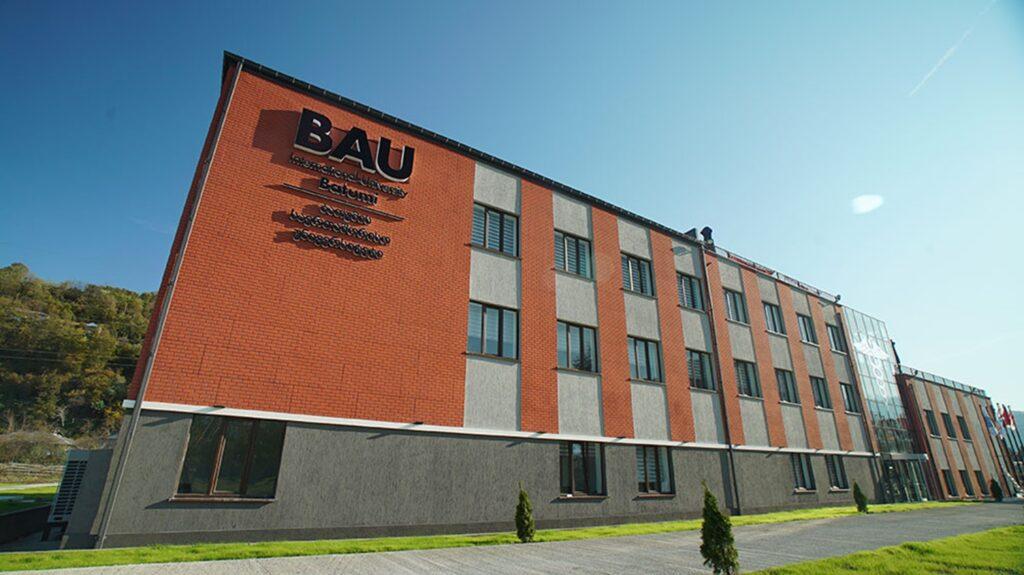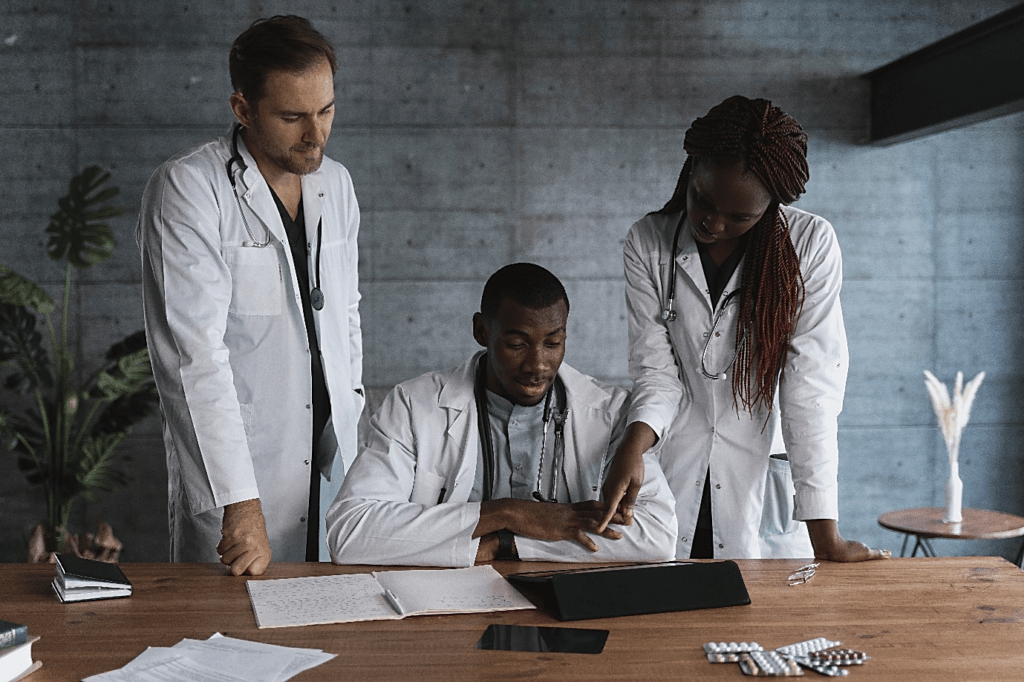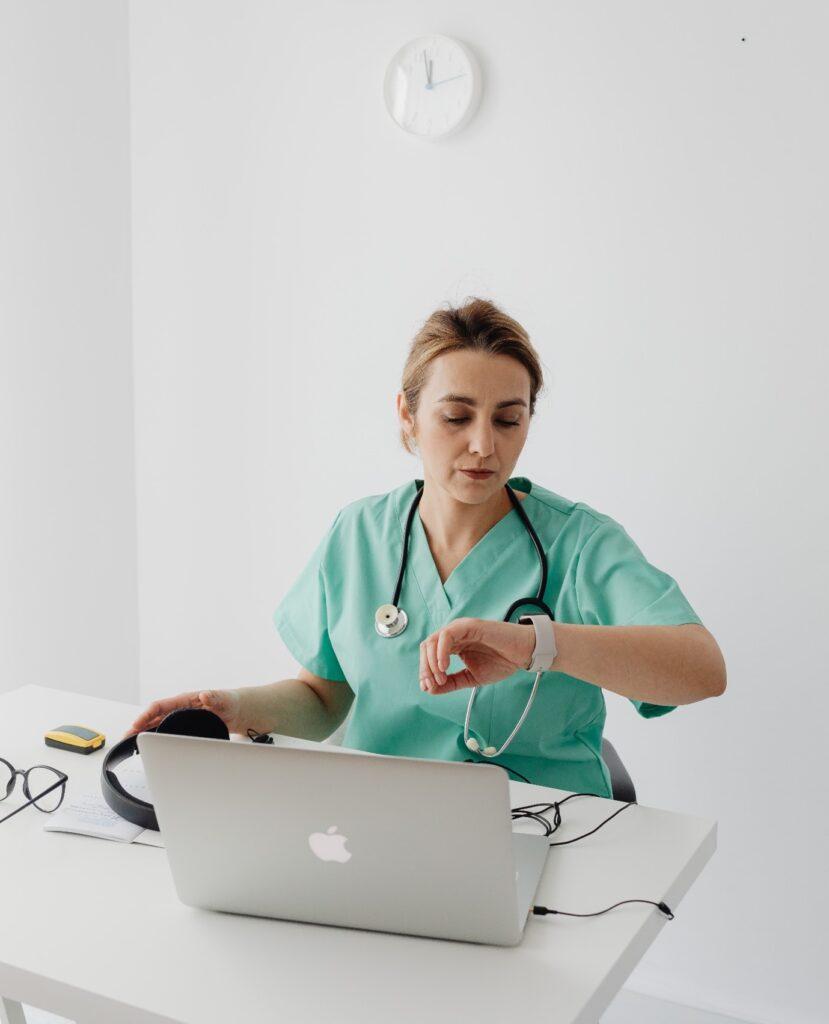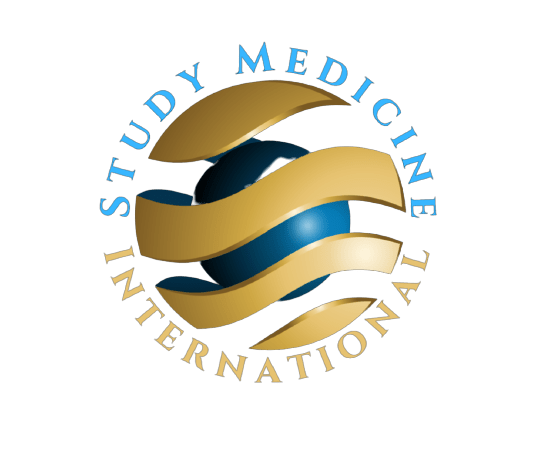
Tuition Fee
$ 6,500
Admission
No Entrance Exam
Intakes
March / October
COURSE LENGTH
6 Years (360 Credits)
HOSTEL
Girls/Boys Separate
Recognition
Worldwide

BAU INTERNATIONAL UNIVERSITY
BAU International university Batumi, aims to develop the field of healthcare based on good international practice by training competitively graduated alumni in the field of medicine, which is directly in line with the University’s mission.
The goal of the School of Medicine and Health Sciences is to train competitive, highly qualified personnel focused on local and international employment markets and to promote their integration into the world educational space in the field of health care.
Why BAU International University?
- Accredited by WFME
- Listed in WHO with Canada Sponsorship
- ISO 9001:2015 Certified in medical education
- The American model of education
- Clinical experience from the first year
- Free USMLE courses
- Anatomical dissection on Cadaver
- Body interacts with virtual patients


Medical Doctor programme MD [in English] (6 Years – 360 Credits)
The programme is built with horizontally integrated transdisciplinary blocks of biomedical components and continuously delivered basic and elective medical and non-medical training courses.
The program is based on the logical and consistent integration of norms and pathology according to organ systems and basic and clinical subjects. The curriculum develops from simple to complex and the courses are organized on the principle of building on each other, with a system of logically assembled prerequisites.
Most clinical training courses are conducted on a rotational basis. Duration is a minimum of one and a maximum of 6 weeks.
Each module for the first five semesters covers a variety of disciplines (such as anatomy, physiology, histology, embryology, biochemistry, pathology, radiology, pharmacology, etc.), with modules or issues (e.g. organ systems) arranged in such a way that students acquire Theoretical knowledge around a particular topic from the perspective of different disciplines.
Each module defines hours for teaching in a clinical setting and focuses on developing clinical competencies and practical skills from the outset. Problem-based teaching (PBL) and clinical case-based teaching (CBL) methods are actively used throughout the program, especially in interdisciplinary modules that further enhance integration. This format eliminates the fragmented delivery of knowledge and ensures the development of independent clinical thinking and communication skills at an early stage of learning. Later, in the course of clinical rotations, this approach promotes a better understanding of medical disciplines. In addition, each semester provides the development and enhancement of medical professional competencies in the context of knowledge, skills, and beliefs formation.
Programme Structure
A modern doctor is unthinkable without scientific-research skills. The existing program provides the development of skills required for scientific research through the courses of “Communication Skills and Academic Writing”, “Research Methodology and Biostatistics”, “Epidemiology and Preventive Medicine” from the first year of teaching and is completed in the XI-XII semester “Scientific Project I and implementation and protection of a research project under II ”. The research component of the program allows students to learn And master scientific research methods, become accustomed to the effective use of scientific sources, be able to analyse research results, and gradually improve research skills. Students learn the principles of evidence-based medicine and critical analysis of information as well as research planning, conducting, writing, and presenting research. Within the framework of the “Science Project II” course, the student must complete research work, write a thesis and present it to the audience. The student can take part in scientific activities carried out by BAU Batumi International University and partner institutions. The research component holds 22 credits in the programme.


YEAR 3
Sector-oriented training courses start from the third year of training as an introductory part of internal medicine, surgery, pediatrics, gynecology, neurology and public health. The theoretical part and teaching in a simulated environment prevails in these training courses, which is further reduced at the expense of teaching in a clinical environment in the main part of the same training courses from the fourth to the end of teaching. The knowledge gained here is a prerequisite for the student to correctly diagnose diseases of different severity in the following semesters and to study the appropriate treatment manipulations.
YEAR 4
The teaching of basic dental diseases in the program starts from the fourth year of teaching. The student will study Pediatrics I, Gynecology and Obstetrics I, Urology, Public Health I, Internal Medicine I, General Surgery I, Public Health II training courses where the main focus is on developing clinical thinking and teaching in a clinical setting. In the same year, the course “Patient History” summarizes the knowledge of all issues such as patient relations, history compilation or physical examination.
YEAR 5
The fifth year of study is fully devoted to clinical disciplines such as: Neurology, Neurosurgery, Orthopedics and Traumatology, Physical Medicine and Rehabilitation, Geriatrics, Pulmonology, Endocrinology, Forensic Medicine, Radiology, Psychiatry I, Dermatology, Otorhinolaryngology, Infectious Diseases, Anesthesiology and Resuscitation, Ophthalmology, Family Medicine I, Cardiology and Cardiovascular and Thoracic Surgery. These courses are presented with small credits (2-3) and serve to enhance clinical knowledge and skills in various areas of medicine.
YEAR 6
In the sixth year of study, the student spends most of his / her time in the clinic, except for the time devoted to elective courses, most of which are also medical. The sixth year is fully devoted to clinical practice, where the student has the opportunity to understand how the skills mastered in the simulation environment can be applied to the patient in the clinic and to consolidate these skills in the real-world environment as well as under supervision.
Contact us for more details.

